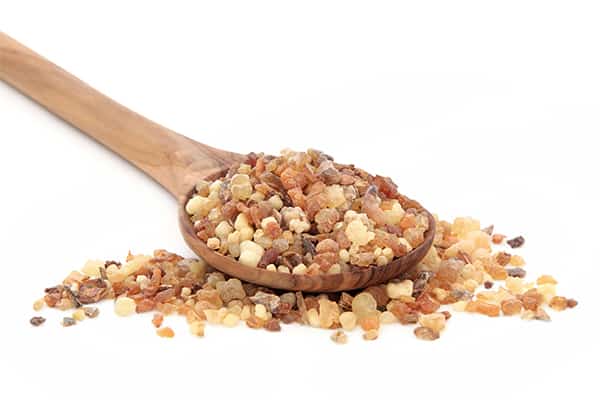Ingredients: What's Inside the Tea Bag
Vital Tea ingredients are a special blend of safe, natural, edible herbs: Holy Thistle, Persimmon leaves, Malva leaves, Marsh Mallow leaves, Blessed Thistle, Papaya, Ginger, Chamomile, and Myrrh.
Individual Ingredients
Persimmon Leaves
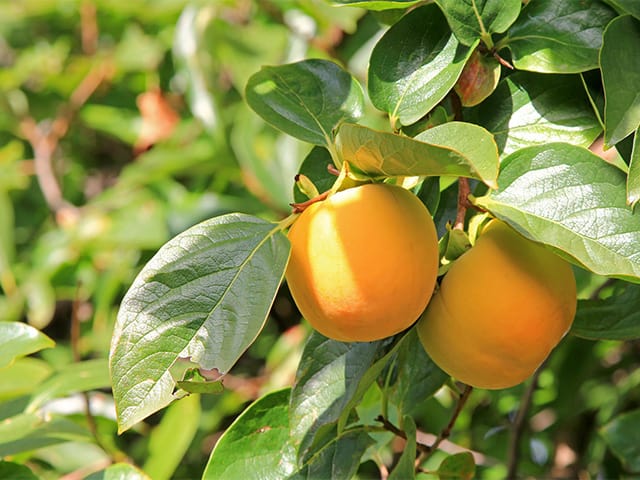
Holy Thistle
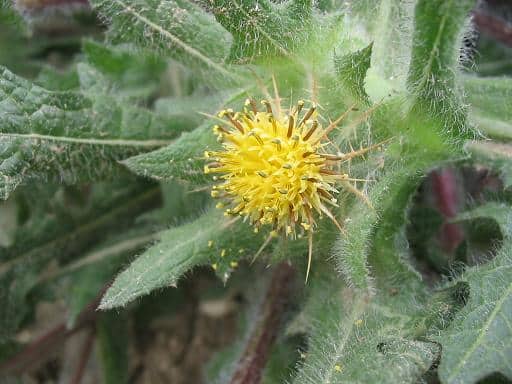
Holy Thistle is believed to have great power in the purification and circulation of the blood, and is such a good blood purifier
It was claimed that warm Holy Thistle tea given to mothers will produce a good supply of milk, which led to this thistle being called by another name: Milk Thistle. Holy Thistle is also said to be good for girls entering womanhood, as a good tonic. The leaves and stems are eaten as a salad green in Europe.
Malva Leaves
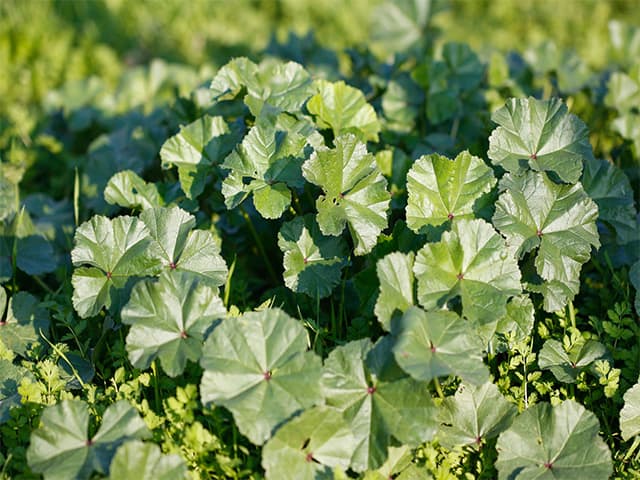
Marsh Mallow Leaves
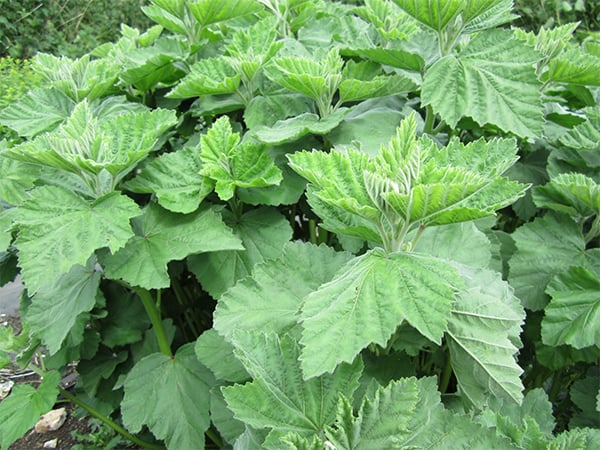
It is rich in calcium, zinc, iron, sodium, iodine, vitamin B complex, and pantothenic acid. Herbs high in mucilage, such as Marsh Mallow and Malva Leaf.
Mallow has expectorant and demulcent properties. Marsh Mallow root and, to a lesser extent, Marsh Mallow leaf both contain significant percentages of mucilage, a natural gummy substance that does not dissolve in water.
Blessed Thistle
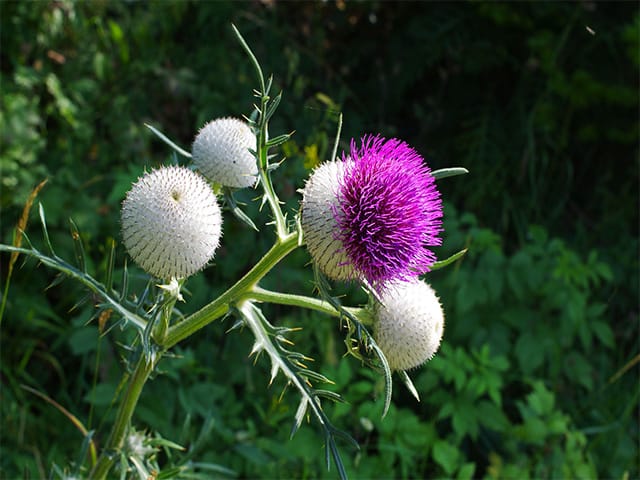
Papaya

Ginger
Although officially recognized as a remedy for appetite loss, indigestion and motion sickness, ginger root has a proven ability to combat all forms of nausea and vomiting. It has also been taken to loosen phlegm, relieve gas, and tighten the tissues, although its effectiveness for these purposes hasn’t been proven.
Chamomile

Chamomile contains bitter constituents that stimulate appetite and digestive secretions that help reduce flatulence.
WARNING: This product contains cathartic herbs. Pregnant and nursing women, the elderly, children, and individuals suffering from any illness or health condition should consult with a physician prior to using this or any herbal supplement. Vital Tea is not a drug, nor intended to diagnose, treat or cure any disease or illness. You should consult with your physician before starting this or any other cleansing exercise or weight management program.


